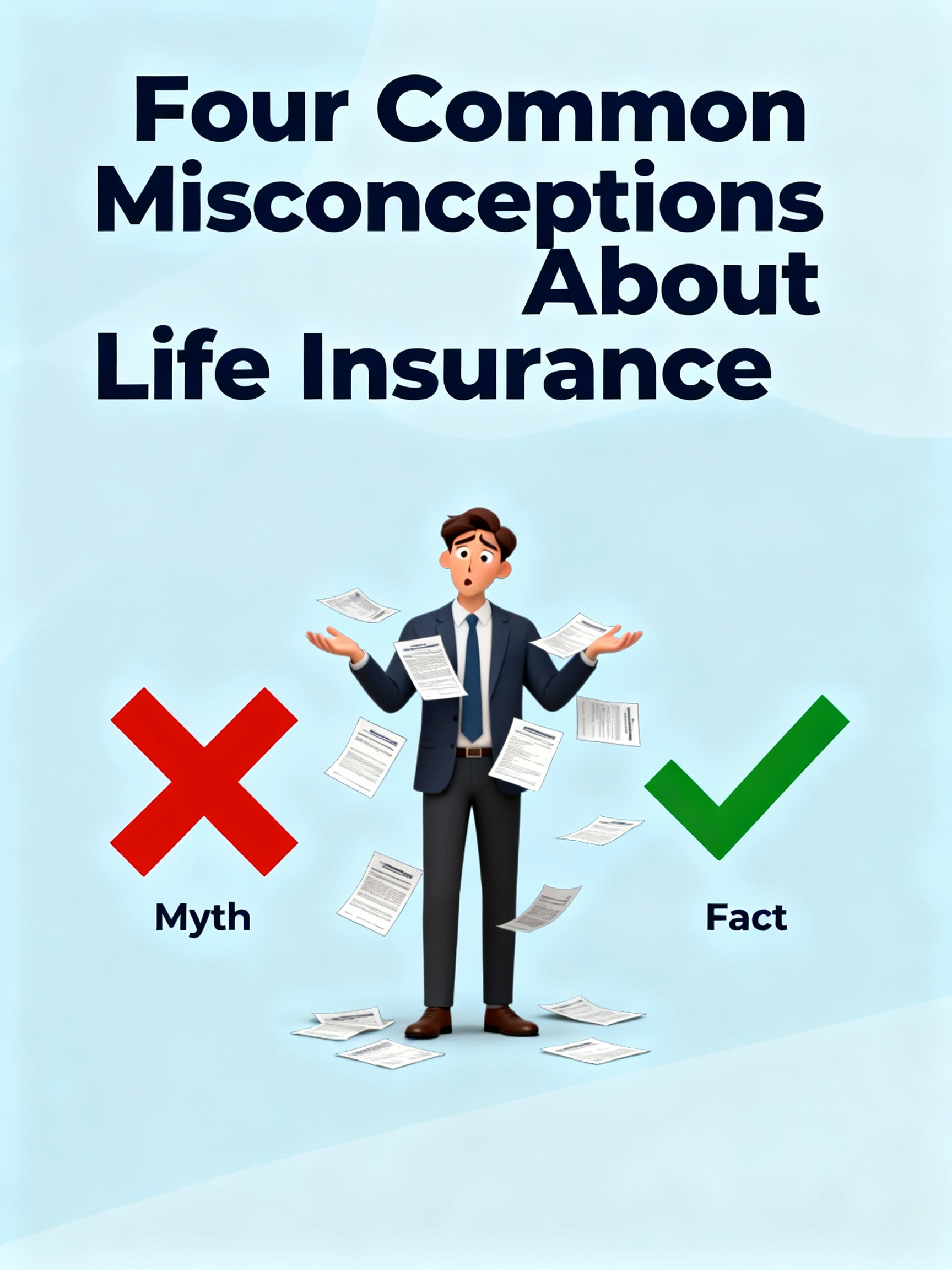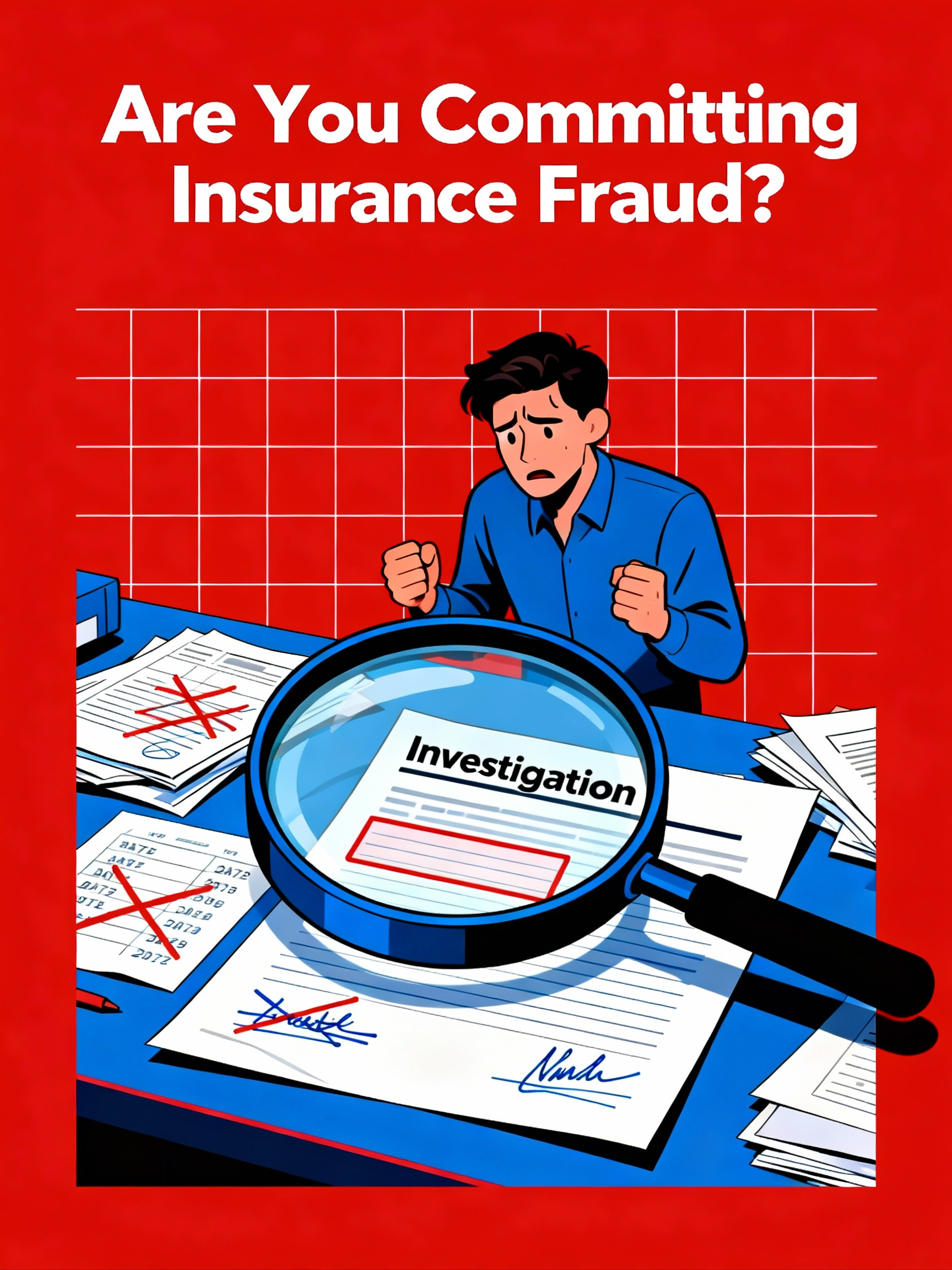AB 2743 and California’s Peer-to-Peer Car Sharing Law
Published Date: 07/31/2024
California’s relationship with innovation has always been complicated. The state that birthed Silicon Valley and the gig economy is also home to some of the nation’s toughest regulations — often creating tension between new ideas and old frameworks. One of the most recent examples of this tension is peer-to-peer car sharing, a growing model that allows Californians to rent out their personal vehicles through apps like Turo and Getaround.
But a new law scheduled to take effect in January 2025 risked unintentionally crippling this emerging industry with steep insurance requirements. Recognizing the threat, Assemblymember Blanca Pacheco (D–Downey) introduced Assembly Bill 2743 to protect consumers, preserve innovation, and keep California competitive in the sharing economy.
Her appearance on Insurance Hour with host Karl Susman offered rare insight into how this legislation came together — and why it matters to both small business owners and everyday consumers.
What Is Peer-to-Peer Car Sharing?
Pacheco described peer-to-peer car sharing as a simple concept with broad appeal.
“It’s the ability to rent out your vehicle — your personal car — and allow someone else to utilize that vehicle when you’re not using it,” she explained.
Much like Airbnb for homes, this model allows individuals to list their personal vehicles for short-term rental. Instead of renting from large fleet operators like Hertz or Enterprise, consumers rent directly from other people.
“If you have a BMW, if you have a Tesla, you can rent it out,” Pacheco said. “And if you don’t — you can rent one!”
Platforms like Turo and Getaround manage reservations, payments, and short-term insurance coverage during the rental period.
How the Peer-to-Peer Rental Process Works
Susman asked Pacheco to walk through the user experience.
“You open the app, search for vehicles in your area — like Downey, in my case — and you pick the car and the dates you want to rent,” she said.
“Then you follow instructions from the owner about where to find the keys and drop the car off when you’re done.”
Some vehicles are accessed through lockboxes, while others involve in-person handoffs. Rentals can last from a few hours to several days.
“It’s really easy,” Pacheco added. “You can search for specific vehicles, choose your time, and voila — you can rent a vehicle.”
The Unintended Problem: Soaring Insurance Requirements
According to Pacheco, a prior piece of legislation — authored by Senator Bill Dodd — unintentionally triggered a dramatic increase in the financial responsibility requirements for peer-to-peer car-sharing platforms.
“Right now, the limits are two times the usage compared to a personal car,” she said. “And starting January 1, 2025, we’re going to see an even more increase when it comes to peer-to-peer car sharing.”
By 2025, platforms could be required to carry liability limits up to three times higher than standard personal auto policies — far exceeding what many small operators could afford. California already imposes higher limits than 43 other states and Washington, D.C.
“This was never the intent of the original bill,” Pacheco said. “Even Senator Dodd acknowledged it was an unintended consequence — and he’s now supporting my bill to fix it.”
Understanding “Financial Responsibility” in Car Sharing
When Pacheco refers to “financial responsibility,” she is talking about mandatory insurance coverage limits — the minimum amount of liability protection required in case of an accident.
In traditional rental companies, large commercial fleet policies cover all vehicles. In peer-to-peer systems, coverage is layered.
“The car owner has their own insurance,” Pacheco explained. “Then, when they list their vehicle on an app, that app provides an additional layer of insurance during the rental period.”
If excessive limits are imposed at the platform level, small operators are effectively treated like large fleet insurers — creating unsustainable cost burdens.
“We want to prevent that unintended consequence,” Pacheco said. “Our goal is to stabilize the financial limits for peer-to-peer car sharing so this type of business can stay in California.”
Why AB 2743 Matters
While AB 2743 may seem technical, its economic impact could be substantial. Without reform, dramatically higher insurance requirements could force companies like Turo and Getaround to exit California — eliminating thousands of income opportunities for everyday vehicle owners.
“We want this type of business to remain here in the state,” Pacheco emphasized. “That’s what’s very important.”
The bill does not remove insurance protections. Instead, it aligns California’s financial responsibility standards with national norms to keep coverage reasonable, competitive, and sustainable.
This ensures continued consumer access, protects small entrepreneurs, and reinforces California’s innovation-driven economy.
The Bigger Picture: Regulating the Sharing Economy
Susman noted that the peer-to-peer car-sharing debate reflects a broader regulatory challenge.
“We’ve seen it with Uber, Lyft, and Airbnb,” he said. “Every time a new model comes along, it pushes against outdated regulations.”
Peer-to-peer car sharing occupies a gray area between private ownership and commercial rental, making it especially vulnerable to regulatory overreach. AB 2743 represents a targeted response — updating law without stifling innovation.
“We can’t ignore how people live and work today,” Pacheco said. “We have to make sure our laws reflect current realities.”
Balancing Innovation With Public Responsibility
Pacheco emphasized that AB 2743 is not about avoiding oversight — it is about ensuring that regulation remains proportionate.
“We’re not trying to get rid of oversight,” she said. “We just want to make sure it’s fair.”
Consumers benefit from peer-to-peer services through lower costs and greater access to transportation, especially in areas underserved by traditional rental companies.
“We want to encourage people to use these services,” she said. “They’re safe, they’re convenient, and they help reduce costs for everyone involved.”
Bipartisan Collaboration Behind the Bill
One of the most notable aspects of AB 2743 is the bipartisan cooperation supporting it. Senator Dodd, whose earlier law unintentionally triggered the insurance spike, has publicly backed Pacheco’s corrective legislation.
“It’s encouraging to see legislators working together to fix unintended problems,” Susman noted.
In a time when political gridlock often stalls reform, this collaboration highlights a shared commitment to consumers and small businesses.
The Consumer Perspective on Car-Sharing Insurance
Susman pressed for clarity on how insurance works from a renter’s standpoint.
“So, the person has insurance on their car, and then they’re going to put that car out to be borrowed,” he said. “Then the company adds another layer of insurance — is that right?”
“That’s correct,” Pacheco confirmed.
Although the process is simple for users, excessive regulatory insurance mandates could drive up platform costs — which would eventually be passed on to consumers. AB 2743 aims to prevent that chain reaction before it begins.
California’s Opportunity to Lead Again
California’s identity as a national leader in innovation is directly tied to how effectively it regulates emerging industries.
“We want to make sure that innovation stays here,” Pacheco said. “That people have options, and that small businesses can succeed.”
By correcting an unintended regulatory outcome rather than overhauling the entire system, AB 2743 allows California to remain competitive while preserving consumer protection and business viability.
Final Thoughts on AB 2743 and the Sharing Economy
As Susman concluded the episode, he praised Pacheco for bringing clarity to a complex intersection of insurance, technology, and entrepreneurship.
“This isn’t about deregulation or overregulation,” he said. “It’s about balance.”
That balance defines AB 2743 — aligning innovation with accountability, opportunity with protection, and state leadership with economic reality.
“We’re fixing something before it becomes a bigger problem,” Pacheco said. “That’s what good legislation is supposed to do.”
Key Takeaways
AB 2743 addresses unintended insurance cost increases for peer-to-peer car-sharing platforms.
Without reform, new 2025 limits could make companies like Turo and Getaround unsustainable in California.
The bill stabilizes financial responsibility standards to preserve affordability and innovation.
It reflects bipartisan cooperation in Sacramento.
Ultimately, it protects consumers, small business owners, and the future of California’s sharing economy.
Author






